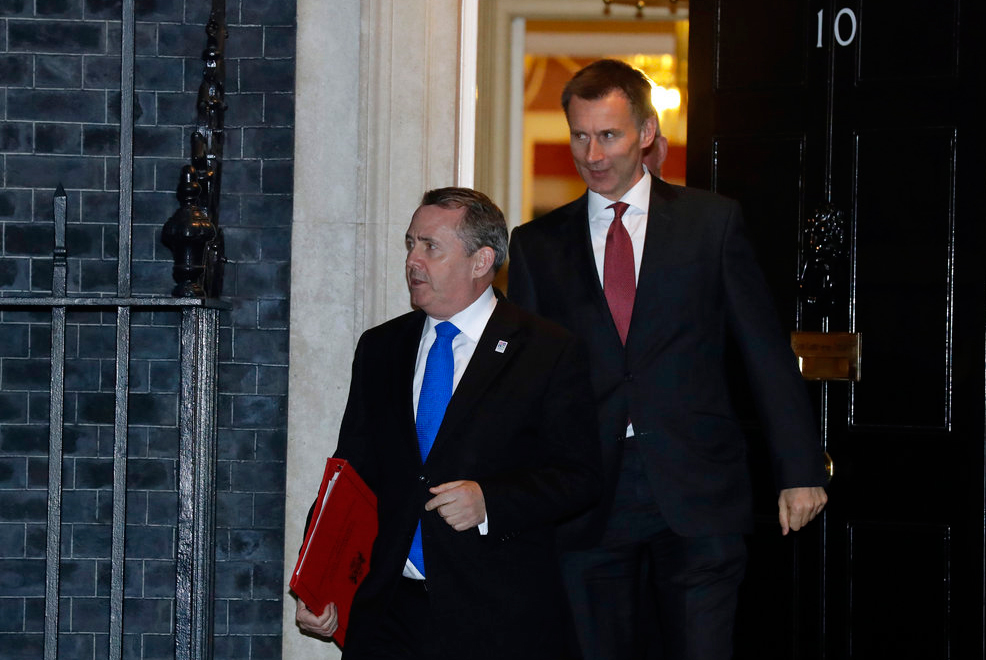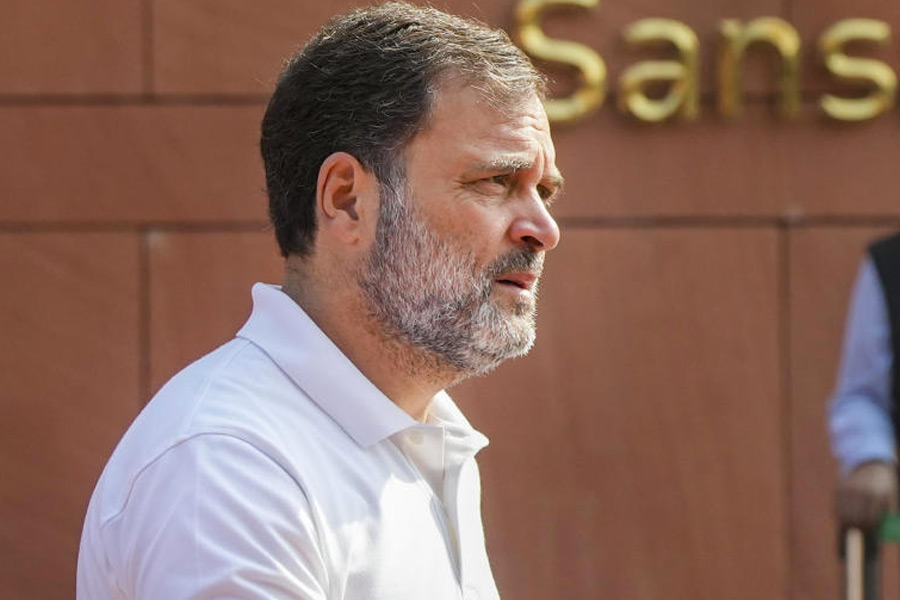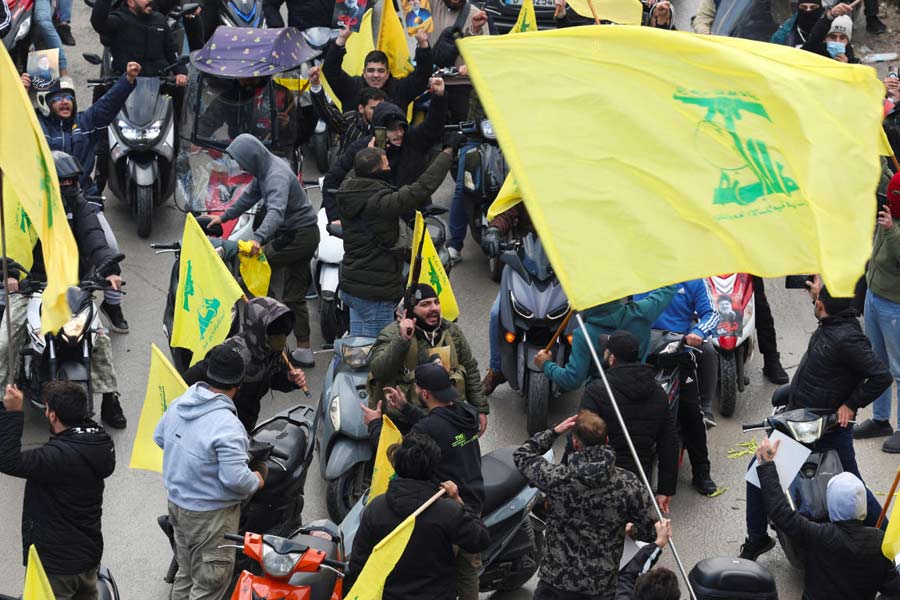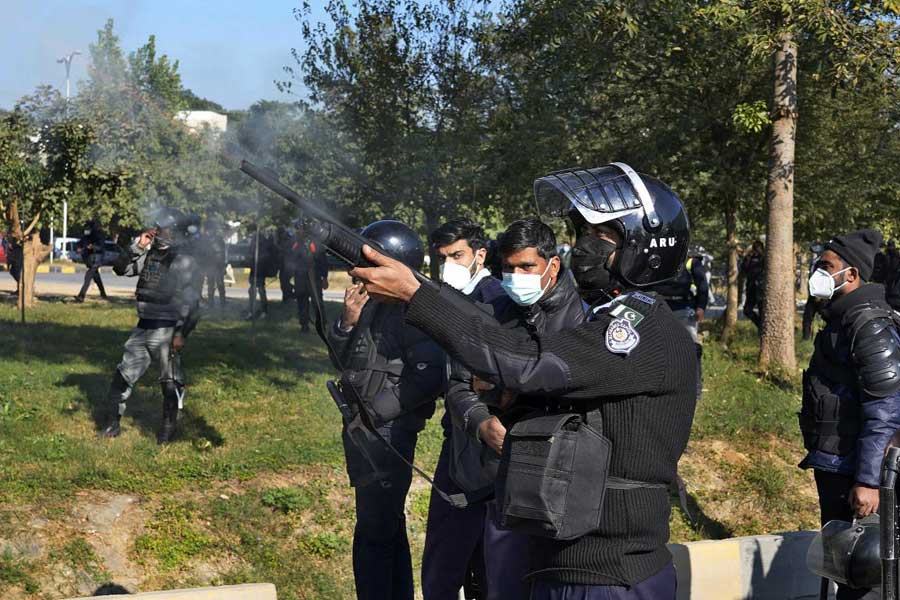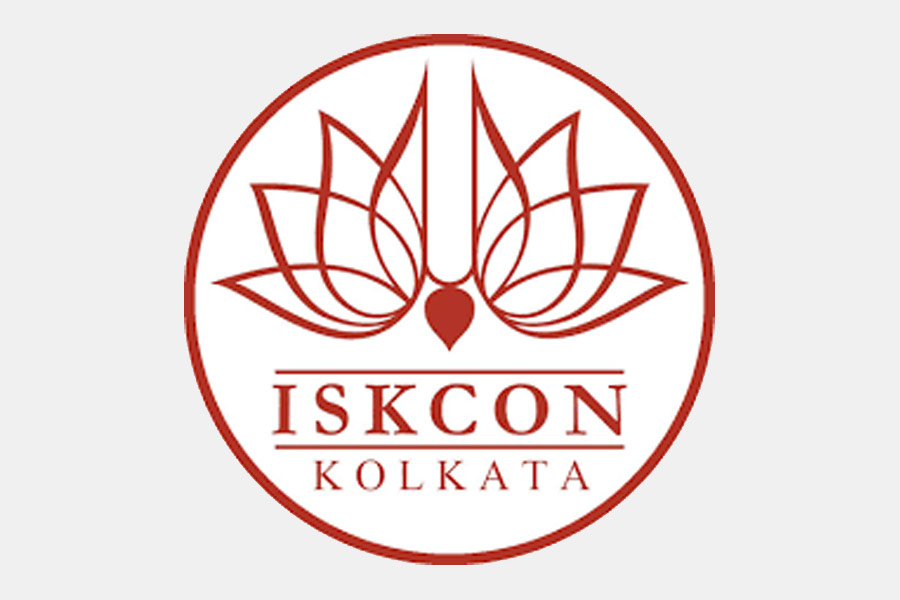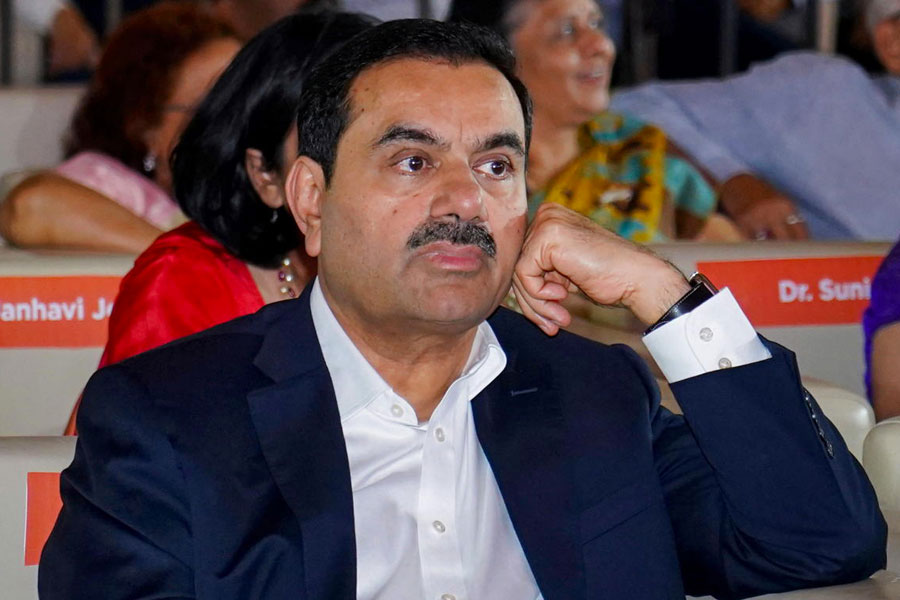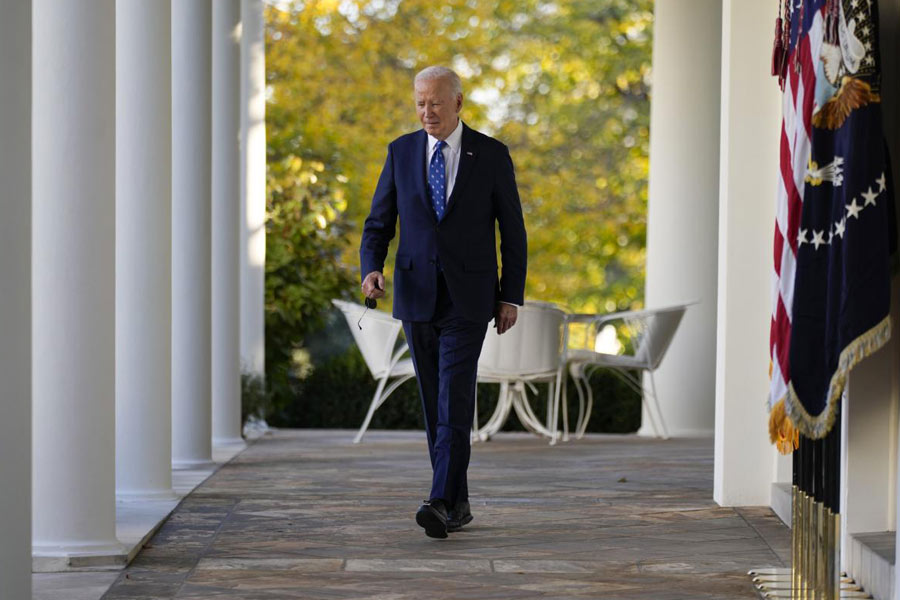Trade talks with the UK are scheduled next month that will give impetus to a free trade pact even as the Theresa May-government grapples with the complexities of Brexit that is being keenly watched by India Inc, which has a sizeable interest in the island nation.
“India and Britain are expected to hold unofficial talks on free trade agreement and discuss the issues that need to be incorporated and areas of sensitivity in the post Brexit trade relations next month,” a senior commerce ministry official said.
Commerce minister Suresh Prabhu is expected to hold discussions with UK Secretary of State for International Trade Liam Fox, who is due to visit the country in December.
Officials said the two leaders were expected to lay the broad contours of the trade talks during their discussions so that negotiators can take them forward.
About 800 Indian companies use Britain as a gateway for entry into the European Union and would be keen to continue their relations as Brexit unfolds.
Indian firms employ more than 1.1 lakh people in the UK and account for more than $68 billion in revenues. Roughly half of India’s investments to the European Union go to the UK and about three-fourths of that from London.
“India and the UK have always shared a close economic relation. It has been the second largest trade partner for India in the EU after Germany. It is in the interest of both countries to work towards intensifying the relations,” the official said.
UK’s official exit from the EU will take place in March 2019, but the old rules and regulations will continue till December 2020.
Trade between India and the UK stands at $24 billion a year, and analysts believe this can be easily ratcheted up to $30 billion by 2020, even without a trade pact. However, a formal deal can increase trade manifold.
India is keen on deals to ease the export of software as well as the movement of IT and healthcare professionals. New Delhi also wants a greater access for generic drugs and pharma firms.
India's textile and garment sectors are also extremely keen on a trade pact. They are the country’s biggest forex earners after software and gems and jewellery.
India has been getting a raw deal in garments over its main competitors — Bangladesh, Cambodia, Vietnam and Pakistan — which have the advantage of either preferential agreements or quotas. Indian export of garments to Europe on the other hand attracts a 9.6 per cent duty, making such products uncompetitive.

